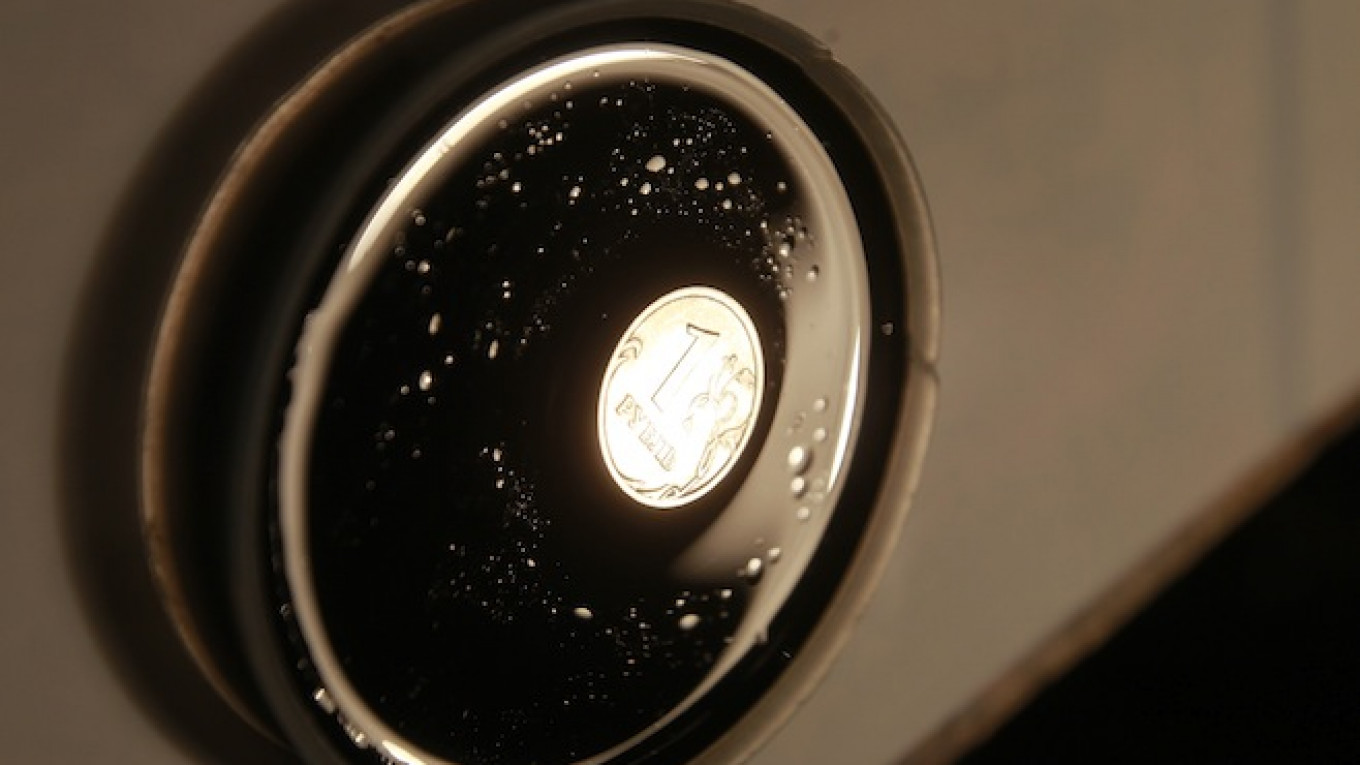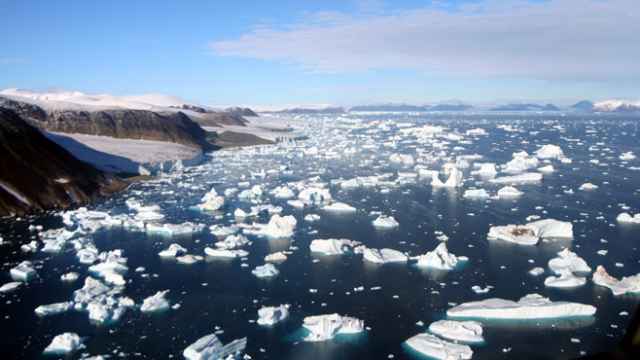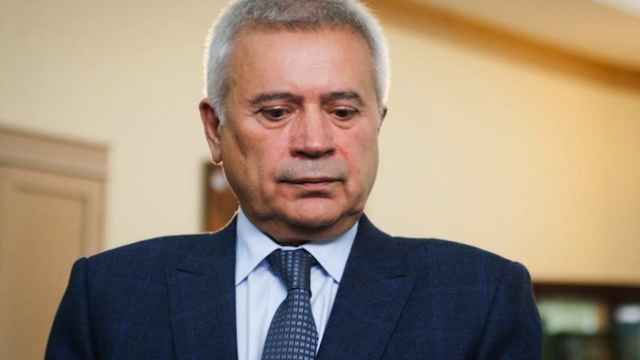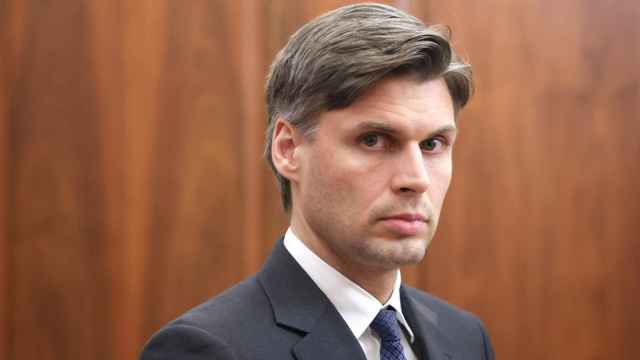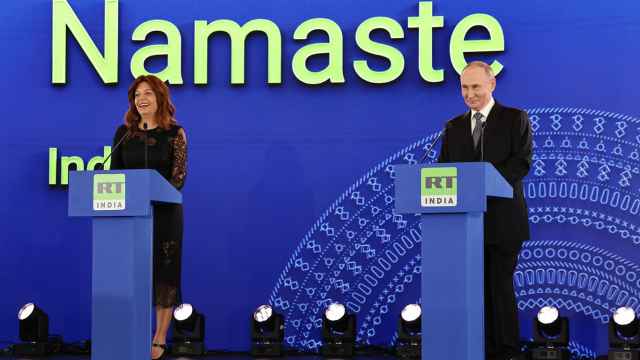DAVOS, Switzerland — Russia may see a natural decline in oil output by around 1 million barrels per day (bpd) at most but has no plans to cut production in coordination with OPEC, Deputy Prime Minister Arkady Dvorkovich said on Wednesday.
Russia is the world's biggest oil producer and output hit a post-Soviet high at an average 10.6 million bpd last year, but Western sanctions over Ukraine and low prices pose a threat to the development of what is the country's key source of revenue.
Dvorkovich ruled out the cut in tandem with OPEC despite oil prices sinking to five-year lows. OPEC, an oil producing group of which Moscow is not a member, decided to keep output levels stable last year.
"If the oil [price] stays at $50 for a long time, of course some projects will become less attractive and a small output decline may start. But we will not cut production on purpose," Dvorkovich said.
"We could lose at maximum a 10th of output but more likely 300,000-400,000 bpd. There are no grounds for a bigger decline," he said on the sidelines of the World Economic Forum in Davos.
Dvorkovich also said that Russia could balance its budget at any oil price, which he expected to stay low for a long time.
Prime Minister Dmitry Medvedev is due to present an anti-crisis plan to President Vladimir Putin on Wednesday. The budget now foresees an average oil price of around $100 per barrel.
Dvorkovich said the biggest risk from lower oil prices and sanctions was a weakening in domestic demand. The ruble has lost half of its value against the dollar since last year.
He said Russia could cut budget spending in all areas except in the social sector, but added that he saw no need to lower military spending, as it was important to make the Russian army "effective, well-equipped, modern.”
A Message from The Moscow Times:
Dear readers,
We are facing unprecedented challenges. Russia's Prosecutor General's Office has designated The Moscow Times as an "undesirable" organization, criminalizing our work and putting our staff at risk of prosecution. This follows our earlier unjust labeling as a "foreign agent."
These actions are direct attempts to silence independent journalism in Russia. The authorities claim our work "discredits the decisions of the Russian leadership." We see things differently: we strive to provide accurate, unbiased reporting on Russia.
We, the journalists of The Moscow Times, refuse to be silenced. But to continue our work, we need your help.
Your support, no matter how small, makes a world of difference. If you can, please support us monthly starting from just $2. It's quick to set up, and every contribution makes a significant impact.
By supporting The Moscow Times, you're defending open, independent journalism in the face of repression. Thank you for standing with us.
Remind me later.


